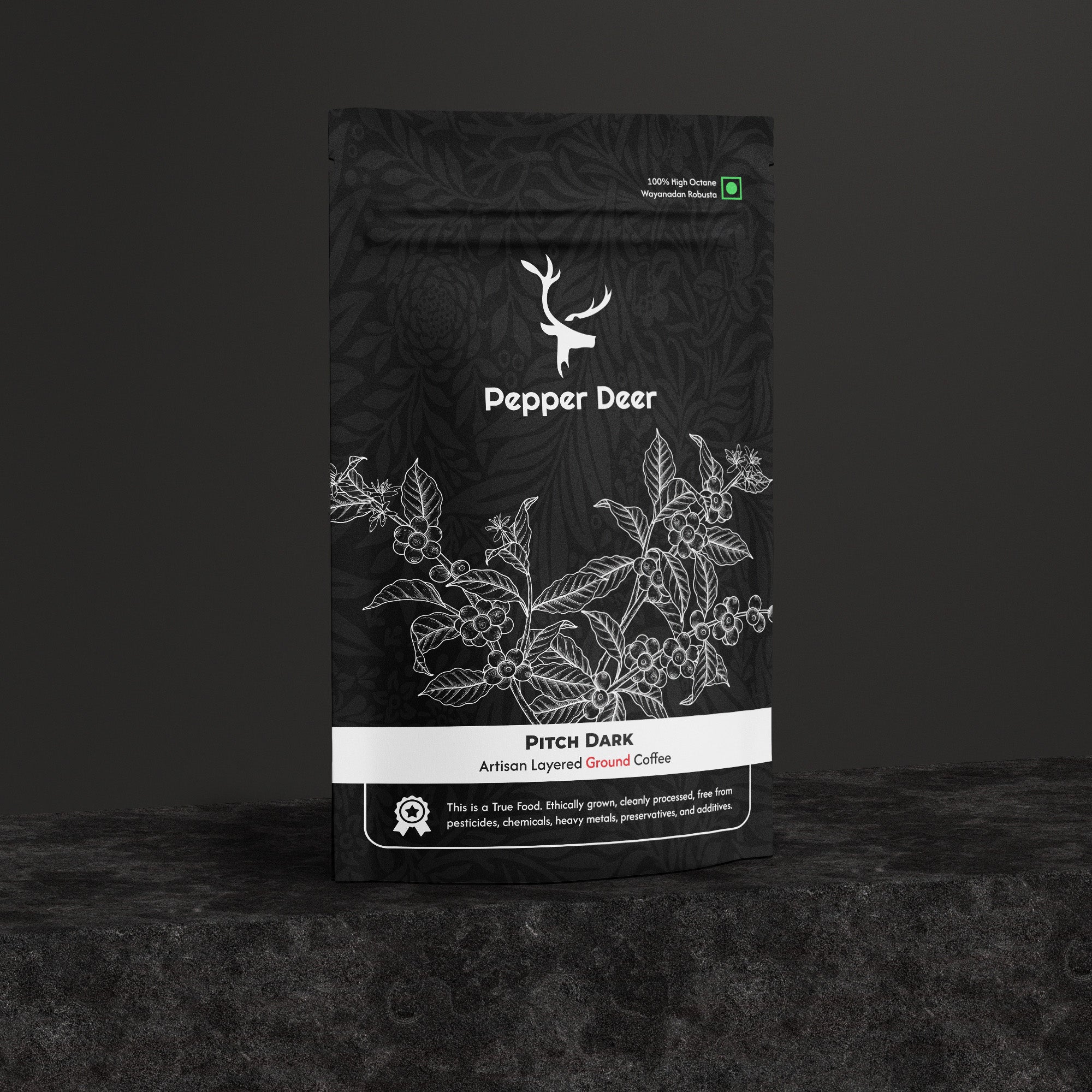How Pesticide Residue in Your Food Is Killing You
Modern agriculture has prioritized yield and cost-efficiency over health, flooding our food supply with synthetic pesticides. While these chemicals help maximize production, they leave behind harmful residues in the fruits and vegetables we consume daily. The hidden costs that we pay for this include cancer, diabetes, heart disease, and even premature death, as highlighted by a growing body of researchers. This report delves into the scientific evidence behind these risks, explaining why the true price of conventionally farmed produce isn’t reflected on the supermarket shelf but in the devastating impact on public health.
Pesticide Residues and Cancer Risk - A study conducted within the Nurses’ Health Study (NHS) cohort has demonstrated a significant association between the consumption of high-pesticide-residue products and brain cancer. Individuals who consumed the highest amounts of such fruits and vegetables, categorized in Quintile 5, faced nearly three times the risk of glioma—a type of brain tumor—compared to those with the lowest intake in Quintile 1. The Hazard Ratio of 2.99 with a Confidence Interval of 1.38–6.44 confirms a strong, statistically significant correlation. While fruits and vegetables are essential to a healthy diet, prioritizing low-residue options such as avocados and onions over high-residue varieties like strawberries and spinach may reduce cancer risks.
Pesticide Exposure and Type 2 Diabetes - Research from the NutriNet-Santé study in France has revealed that individuals with higher exposure to synthetic pesticides face a 47% increased risk of developing type 2 diabetes. The Hazard Ratio of 1.47, with a Confidence Interval of 1.00–2.18, suggests marginal statistical certainty, but the findings align with broader research linking chemical pollutants to metabolic disorders. Regulatory policies and increased consumer demand for natural produce could help reduce pesticide exposure, thereby potentially lowering the incidence of type 2 diabetes.
Cardiovascular Health and Pesticide Residues - An analysis of U.S. cohorts has shown that diets rich in low-pesticide-residue fruits and vegetables, such as sweet corn and pineapples, correlate with an 18% lower risk of coronary heart disease. The Hazard Ratio of 0.82, with a Confidence Interval of 0.71–0.94, supports this association. In contrast, high-residue produce intake has not demonstrated a protective effect. This evidence suggests that selecting low-residue fruits and vegetables may enhance cardiovascular benefits and promote heart health more effectively.
Mortality and Diet Quality - A landmark study analyzing three U.S. cohorts has indicated that high consumption of low-pesticide-residue produce is associated with a 36% reduced risk of total mortality. The Hazard Ratio of 0.64, with a Confidence Interval of 0.59–0.68, highlights this relationship. However, high-residue produce intake does not significantly lower mortality risk. These findings suggest that the longevity benefits of a plant-rich diet may be dependent on minimizing pesticide exposure.
Pepper Deer exists to bridge the gap between consumers and truly natural, pesticide-free food. By working directly with farmers and ensuring ethical sourcing practices, Pepper Deer provides high-quality, safe, and nutritious products. In a world where pesticide residues pose increasing health risks, Pepper Deer is committed to restoring the balance, offering consumers food they can trust while supporting farmers in adopting sustainable practices.


